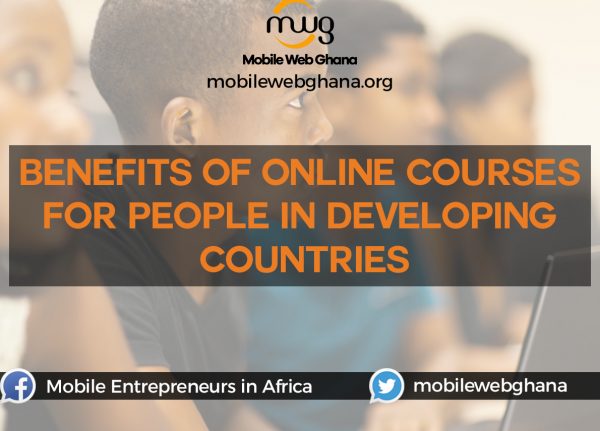The internet makes information available to users at the snap of a finger. Thereby making information much easier to access and share as well. Additionally, the internet has contributed greatly to knowledge acquisition in this generation. People don’t need to enroll in training programs or courses that are being done in a physical space anymore. Also, interested applicants need not feel left out once they discover that the courses they are applying for are being done in an overseas country. Why? Because in this day and age, Online Courses have become more widespread. They are called MOOC’s, Massive Open Online Course.
They are referred to as ‘open’ because qualified candidates across the globe stand a chance of being part of a virtual class online alongside many others who have equal passions. There are quite popular online platforms that offer these courses either at a small fee or for free. Some of these are www.coursera.org, www.udemy.org, www.datacamp.com , www.alison.com etc. There are many others online. Some of these MOOC providers specialize in particular fields of study while others have a wide range of courses from various disciplines. For example, www.datacamp.com specializes in data science while a MOOC provider like www.coursera.com has about 180 courses available from various disciplines.
How beneficial are MOOCs to people in developing countries?
People in developing countries like Ghana may never have the opportunity to study some courses in Universities in the country. Simply because there are no universities in the country that offer those courses. For example, as at 2017, there is no university in Ghana that offers Data Science as a course. Therefore people in Ghana who would like to pursue their dreams of becoming data scientists who cannot afford education abroad would have to resort to online courses.
Some of the benefits of MOOC’s to people in developing countries are:
- They improve access to Higher Education
- They also provide an alternative for formal education.
- Students can Learn at their own pace and follow their own schedule
- There is reduced-financial burden on students.
The internet has made knowledge acquisition much easier and affordable. It is almost impossible to use ‘lack of access’ as an excuse for being ignorant. You can learn a lot from these online courses if you are very determined. All that it is required to go through these courses is a very fast internet connection. This is because most of these courses have both text contents and video contents. The video session is where we get to see the instructor of the class the taking time to explain some of the things stated in the text content. However, lack of access to fast, reliable and cheap internet connection stands as the most prominent hindrance for people in developing countries to join these online courses. Internet connection isn’t reliable in these parts of the world but I believe strongly that that shouldn’t deter anyone from pursuing an online course that he/she is interested in.
CISCO in collaboration with Mobile Web Ghana is organizing an online course in Internet of Things called ‘Introduction to IoT’. It is free of charge. Interested people should follow this link to join the class.

